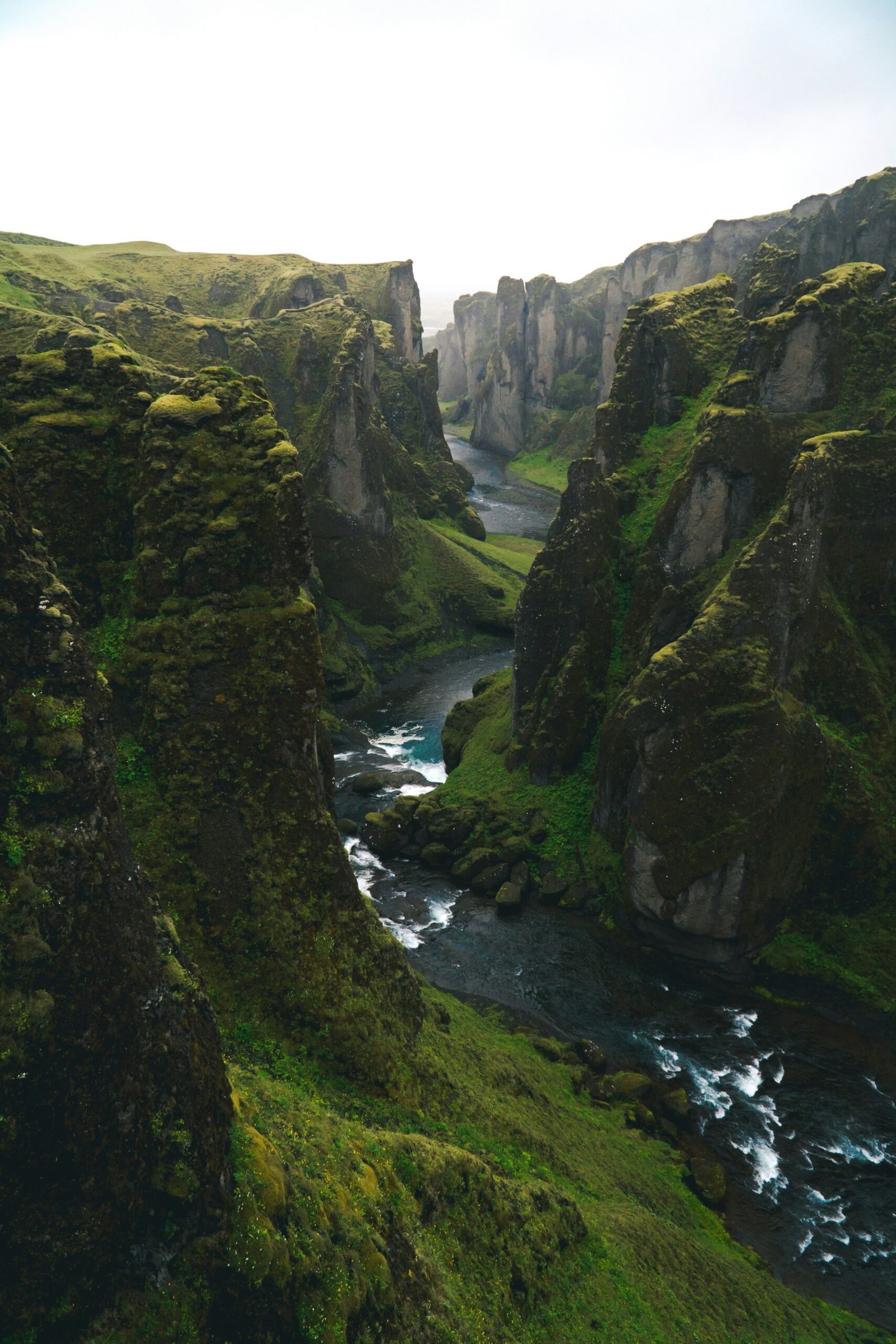Introduction
Welcome to Iceland, a country that captivates visitors with its stunning landscapes, vibrant culture, and warm hospitality. Situated in the North Atlantic Ocean, Iceland is a Nordic island nation known for its geothermal activity, rugged terrain, and breathtaking natural beauty.
Location and Surface Area
Iceland is located between Greenland and Norway, with the Arctic Circle passing through the northern part of the country. It covers an area of approximately 103,000 square kilometers, making it the 18th largest island in the world.
Climate
Iceland experiences a cool temperate climate, characterized by mild summers and relatively mild winters. The Gulf Stream influences the weather, making it milder than expected for a country located at such high latitudes. However, the weather can be unpredictable, so it’s always a good idea to dress in layers and be prepared for changes.
Fauna and Flora
Despite its harsh climate, Iceland boasts a surprising variety of plant and animal life. The country is home to numerous bird species, including puffins and Arctic terns, as well as whales and seals along its coastline. The unique flora includes mosses, lichens, and hardy grasses that thrive in Iceland’s volcanic soil.
Attractions
Iceland offers a wealth of attractions for nature lovers and adventure seekers. From the stunning waterfalls of Gullfoss and Seljalandsfoss to the otherworldly landscapes of the Reykjanes Peninsula and the geothermal wonders of the Blue Lagoon, there is something for everyone. Don’t miss the opportunity to witness the breathtaking Northern Lights during the winter months.
Population and Language
Iceland has a population of approximately 360,000 people, with the majority residing in the capital city of Reykjavik. The official language is Icelandic, but English is widely spoken and understood, making it easy for visitors to communicate and navigate their way around the country.
Currency
The currency of Iceland is the Icelandic Krona (ISK). While credit cards are widely accepted, it’s always a good idea to carry some cash for smaller establishments or in remote areas where card payments may not be available.
Visa Requirements
Visitors from the European Union, the United States, Canada, and many other countries do not require a visa to enter Iceland for stays of up to 90 days. However, it is always advisable to check the latest visa requirements and regulations before traveling.
Culture and Customs
Icelandic culture is deeply rooted in its Viking heritage, folklore, and literary traditions. The country has a thriving arts scene, with music, literature, and visual arts playing a significant role. The Icelandic people are known for their friendly and welcoming nature, and visitors are encouraged to respect local customs and traditions.
Hospitality
Icelandic hospitality is legendary, with locals going out of their way to make visitors feel welcome. Whether you’re staying in a hotel, guesthouse, or renting a cozy cottage, you can expect warm and friendly service that will make your stay memorable.
Main Cities, Airports, and Airlines
Reykjavik, the capital city, is the cultural and economic hub of Iceland. Other notable cities include Akureyri, Egilsstaðir, and Ísafjörður. The main international airport is Keflavik International Airport, located near Reykjavik. Several airlines, including Icelandair and WOW Air, offer regular flights to and from Iceland, connecting it to major cities around the world.
Conclusion
Whether you’re planning a visit to explore Iceland’s natural wonders, experience its vibrant culture, or embark on a business venture, this enchanting country has something for everyone. From its awe-inspiring landscapes to its warm and welcoming people, Iceland is a destination that will leave a lasting impression.

